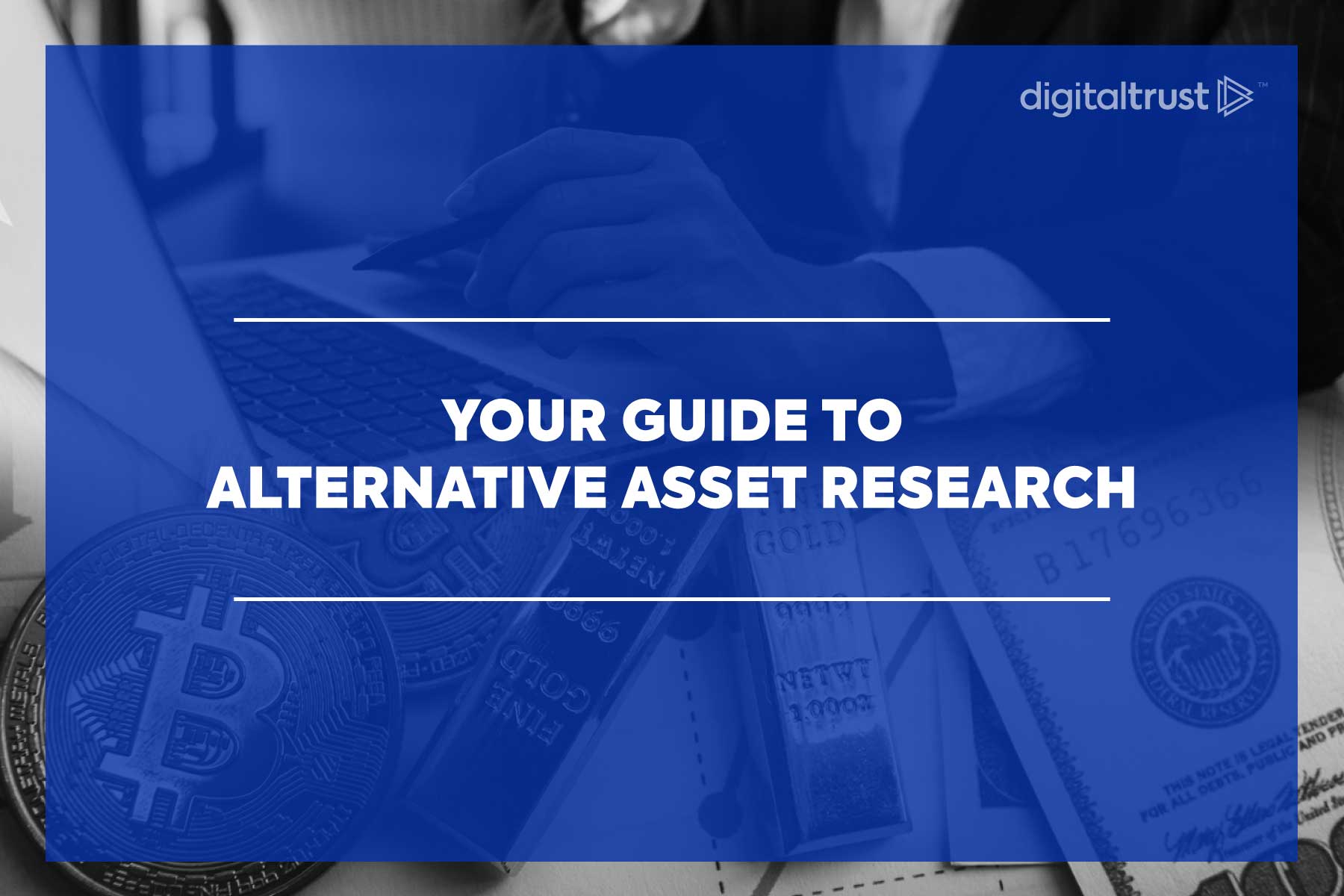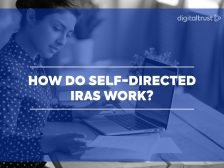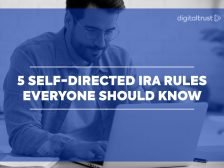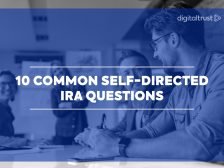Self-directed Individual Retirement Accounts (IRAs) provide investors with the opportunity to diversify their investment portfolios by investing in assets outside of traditional markets. However, knowing where to start alternative asset research can be a challenging task for many investors. While it is true that alternative assets differ significantly from stocks, prudent investors can still adopt a similar strategy when initiating their research.
How to Conduct Alternative Asset Research
To embark on your research journey, it is recommended that you begin by understanding the investments your self-directed IRA custodian will hold. Some custodians offer limited investment options, such as precious metals only, while others allow for a broader range of investment types.
Without any prior knowledge of the available products, you should start by determining how much money will be required to add a particular investment to your portfolio. For example, a multi-family housing structure will require considerably more funding compared to an ounce of gold. Therefore, it is essential to determine the amount you are willing to invest.
Afterward, you should evaluate which assets you can comfortably add to your portfolio. The Internal Revenue Service (IRS) has established guidelines for self-directed IRAs that restrict the allowable investments. However, the range of assets that you can include in your retirement portfolio extends from small businesses and startups to precious metals and cryptocurrency.
Lastly, it is crucial to delve into the fundamentals of each alternative asset you are researching. In addition to gaining a basic comprehension of each market’s historical performance, this will be a unique task for each investment you are considering.
Real Estate
If you are interested in acquiring real estate, you could start by consulting local realtors or reaching out to investment groups to receive their perspective on the market in that particular area.
Subsequently, you should consider identifying experts specializing in the specific type of real estate you are interested in purchasing and initiate contact. Following this, you could evaluate the expenses involved in acquiring and owning the property, such as taxes, maintenance, and property management, among other factors.
Precious Metals
This asset class is relatively uncomplicated due to the restrictions established by the IRS on the permissible holdings in your account.
However, for more comprehensive research, you can explore the commercial applications for the metal, future projections for its utilization, and historical price movements, including market volatility and pricing during economic upturns and downturns.
Cryptocurrencies
Conducting research on alternative assets, such as cryptocurrencies, is similar to researching stocks, albeit with a different focus. Instead of analyzing a balance sheet, you assess the project’s credibility.
You should evaluate various aspects, including the asset’s purpose, the individuals responsible for overseeing the project, the asset’s effectiveness at addressing the problems it claims to resolve, as well as its position in the market lifecycle.
Private Equity
One of the most challenging aspects of researching this asset class is the difficulty in locating the assets and determining the optimal investment method.
Nevertheless, there are several ways of adding a startup company to your portfolio, with one of the simplest being through a crowdfunding site. Typically, such sites provide access to the company’s balance sheet, historical performance, and description, among other pertinent information.
Once you find a company to invest in, you can add that asset to your portfolio through a trusted self-directed IRA custodian like Digital Trust.
What to do With Your Alternative Asset Research
It is recommended that you maintain detailed notes on your research findings to enable easy comparison of different assets and the assessment of their respective pros and cons. If you experience any difficulty locating the required information, consider seeking input from others. You can join social media groups (Twitter, Facebook, LinkedIn, and Reddit), which specialize in the asset you are interested in learning more about.
It is worth noting that a wealth of information is also available on content sites such as YouTube. However, it is always essential to exercise caution while browsing the internet, and if other members start to sound untrustworthy, consider finding a new group.
Digital Trust offers its clients the opportunity to invest in a range of assets, including cryptocurrencies, real estate, precious metals, LLCs, private equity, and more. Moreover, they are revolutionizing the customer experience by introducing faster transactions and fully mobile self-directed IRA management. Visit
Digital Trust, LLC is a custodian of self-directed accounts whose role is nondiscretionary and administrative only. The accountholder must direct all investment transactions and choose the investments for the account. Digital Trust has no responsibility or involvement in selecting any investment. Please consult with your competent tax advisor and/or legal counsel.



